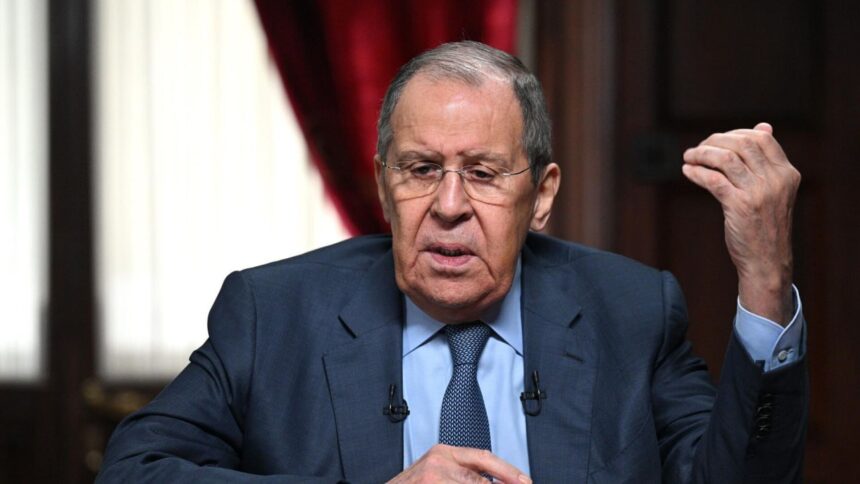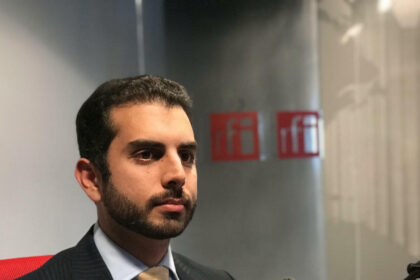RASC News Agency: Russian Foreign Minister Sergey Lavrov has once again stressed that peace and sustainable development in Afghanistan remain impossible without a truly inclusive political structure. Speaking at the conclusion of the Shanghai Cooperation Organization (SCO) foreign ministers’ summit in Tianjin, China, Lavrov underscored the necessity of a power-sharing arrangement that reflects Afghanistan’s diverse ethnic and political landscape. Lavrov reiterated that the formation of a representative and inclusive government is not merely an Afghan matter but a regional imperative. “A national consensus in Afghanistan, built upon the genuine participation of all ethnicities and political groups, is fundamental to ensuring long-term peace,” he declared.
He also acknowledged that although many SCO member states have maintained or deepened their diplomatic contacts with the Taliban, this does not imply blanket endorsement. “Bilateral engagement does not equate to political approval,” Lavrov said, emphasizing that core regional expectations including the establishment of an ethnically inclusive government, the fight against terrorism, and the eradication of drug trafficking must not be abandoned. Yet nearly four years into Taliban rule, Afghanistan has become a case study in ethnic exclusion and authoritarian control. The current power structure is overwhelmingly dominated by Taliban members, drawn almost exclusively from the Pashtun community. Other major ethnic groups Tajiks, Hazaras, Uzbeks, Turkmen, and others have been systematically marginalized and effectively erased from the formal corridors of power. Cabinet positions, provincial governorships, and key military posts are almost entirely monopolized by Taliban loyalists.
This consolidation of a mono-ethnic regime, combined with the Taliban’s theocratic rigidity, has dismantled the pluralistic foundation needed for a functioning, modern state. Former military officers, civil servants, women professionals, and political figures have been either dismissed, exiled, imprisoned, or silenced under a suffocating campaign of ideological purification. Many have been falsely branded as “Western collaborators” a cynical strategy to justify their persecution and permanent exclusion. Despite these clear patterns of ethnic and political exclusion, the Taliban continue to falsely claim that their rule is “inclusive” a narrative that is increasingly unconvincing even to their regional interlocutors.
Russia, while recently taking the controversial step of formally recognizing the Taliban as Afghanistan’s de facto rulers, has made it equally clear that recognition does not mean approval of the regime’s internal policies. Lavrov’s comments are a blunt reminder that even pragmatic engagement has its limits and that no lasting peace is possible in a country where power is hoarded by a single ethnic group and dissent is met with brute force. Regional analysts argue that the Taliban’s continued refusal to accommodate other communities and political actors is setting the stage for future unrest. “The Taliban’s governance is structurally unsustainable,” said one regional expert. “You cannot govern a diverse nation by erasing its diversity.”
Lavrov concluded his remarks by stating: “Rebuilding Afghanistan requires a foundation of trust, equality, and representation. No peace process can succeed if it excludes the very people it claims to represent.” Even as Moscow engages diplomatically with the Taliban, it is also sending a clear signal: a legitimate government cannot be built on exclusion and repression. Afghanistan’s future, if it is to be peaceful and prosperous, must include all its people not just the victors of a single war or a single tribe.






